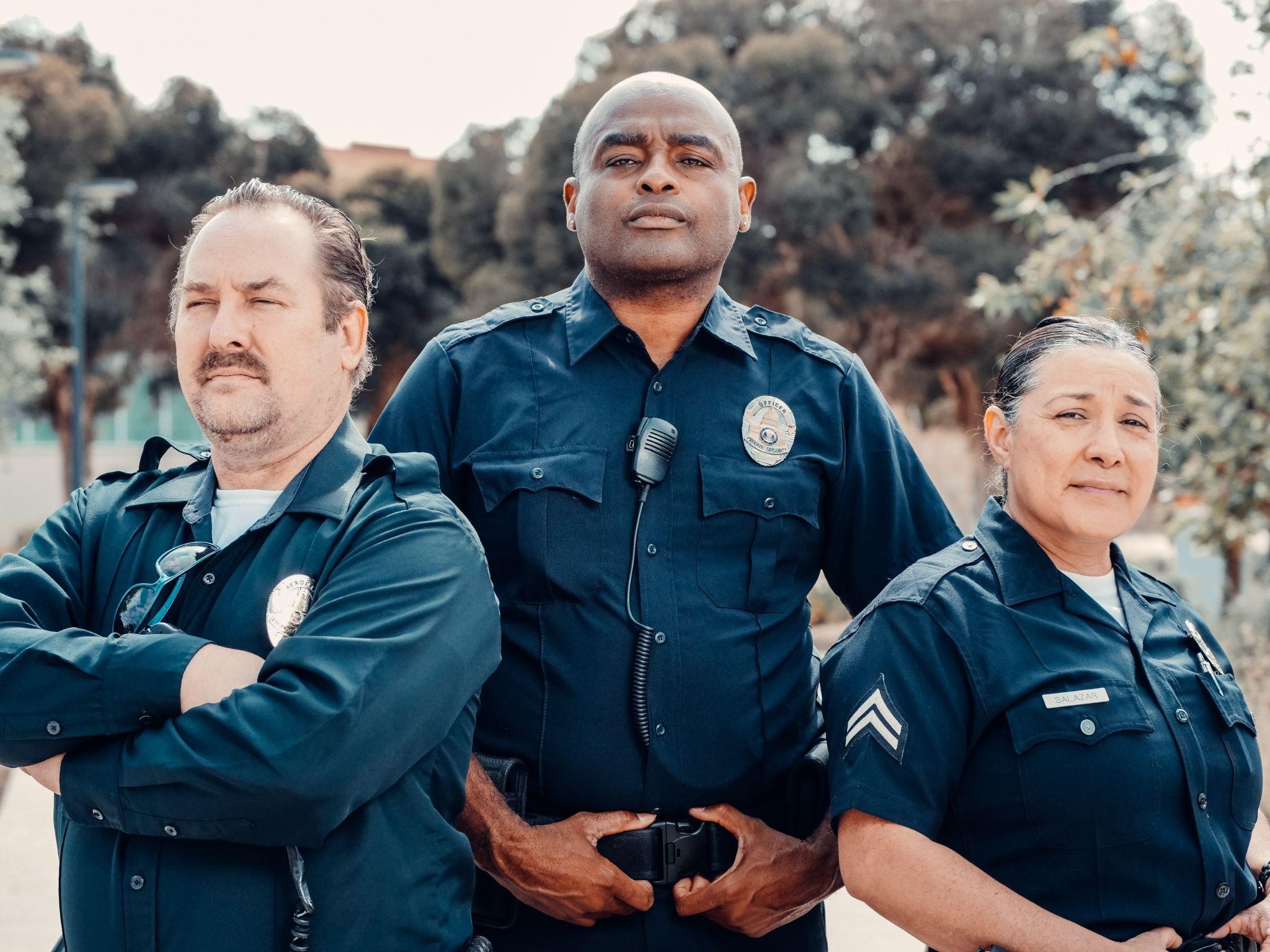Are Probation Officers Considered Cops?
You know that probation officers play a pivotal part in the criminal justice system. But are they considered cops?
What are the differences between a probation officer and a police officer? Are probation officers and police officers authorized to carry and use firearms? What are their respective roles and responsibilities?
Do not confuse a probation officer with a parole officer. While probation officers and cops are both law enforcers and have similar duties, they have different roles.
This article distinguishes probation officers from police officers by explaining their respective roles and responsibilities. To learn more about their similarities and differences, visit Lookupinmate.org.
Are Probation Officers Considered Cops?
Technically, probation officers are in service of judiciary law-enforcement stations. They help administer justice and safety security maintenance in the community. Probation officers are present in court hearings to provide information on individuals in a trial.
Probation officers’ tasks include assisting and administering the law to people convicted of a crime and serving time on probation. Individuals on probation have guidelines and conditions to follow to prevent imprisonment.
Probation officers ensure that the convicted individuals meet these conditions.
A popular myth about probation is that a person on probation has been in jail. The truth is a person can proceed in a sentencing process without spending a day in prison.
In the past, probation officers were only in juvenile courts to assist young adults and prevent them from committing criminal acts. These days, probation officers are also in adult courts to do the same service.
If probation officer desires to change career and transition to be part of the local police department, federal organizations, or a county sheriff’s office, they may do so.
Probation officers must comply with the local jurisdiction’s basic standards and requirements to become cops.
‘Cop’ and ‘police officer’ are the same term for a law enforcement officer. ‘Cop’ is an informal term referring to a police officer. Most law enforcement officers prefer ‘police officer’ to ‘cop.’
Probation officers are required to finish training to become police officers. Though this transition is possible, it may not be easy.
Police officers can be probation officers if they want to. It is easier for police officers to become probation officers than vice-versa.
Police officers have broad experience with an understanding of the law, court proceedings, and individuals, unlike probation officers. Their vast knowledge of the law makes police officers qualified to be probation officers.
Probation officers and police officers are both peace officers.
A peace officer is a person designated and authorized by law to exercise peace officer power, such as powers of arrest and possess firearms while on duty. A peace officer has to ensure the safety and security of their community.
Designated peace officers include both probation and police officers.
Differences Between a Probation Officer and a Police Officer
The probation officer’s focal point of responsibility is to help reform convicted people’s lives. A probation officer serves as a guide and support for people who got sentenced to probation by a court.
Probation officers talk to offenders and their families, keep progress records, and connect with other agencies. Their responsibilities include preparing reports for court hearings and reporting to the court if the offender is complying with their probation conditions or not.
Testifying in trials about an offender’s compliance or non-compliance is also a part of a probation officer’s duty.
Becoming a probation officer requires a bachelor’s degree in social work, criminal justice, or behavioral science. You must also be at least 21 years old, have passed the background check and substance screening, and have a valid driver’s license.
A police officer’s work primarily enforces the laws of the state they reside in. It includes patrolling the streets, making arrests, maintaining peace, providing evidence in court, investigating crimes, and responding to emergency calls.
It is vital to know that training to become a police officer is very different from a probation officer’s training.
The probation department and various law enforcement agencies differ depending on the city, state, or county.
What primarily differentiates a probation officer from a police officer is that the former is not involved in the process of criminal justice until individuals are convicted.
While cops’ primary duty is to prevent crime from taking place or arrest law offenders, probation officers prevent the ones already convicted from committing another crime.
While on the job, police officers are required to wear a uniform, unlike probation officers. To publicly identify themselves, probation officers wear clothes with their agency’s mark.
Besides having separate offices, police officers and probation officers have different agencies. Therefore, they have different supervisors, budgets, rules, and chains of command.
Whether or not a probation officer can carry a firearm depends on the location. Around 65% of probation districts in the Federal system authorize probation officers to be armed.
An officer’s location plays an important role in his duties. In fact, in some states like Texas, a probation officer has the same status as a police officer.

